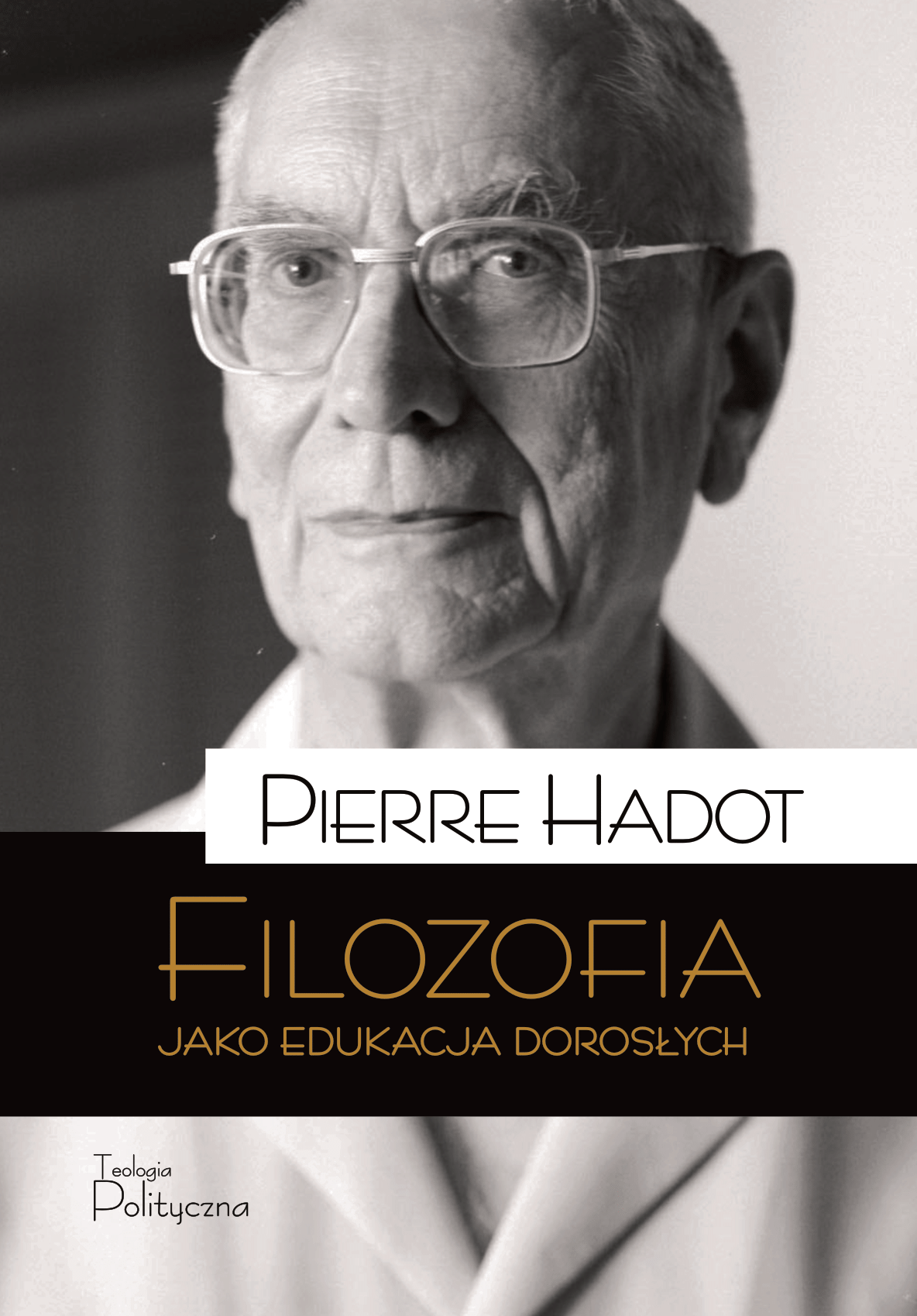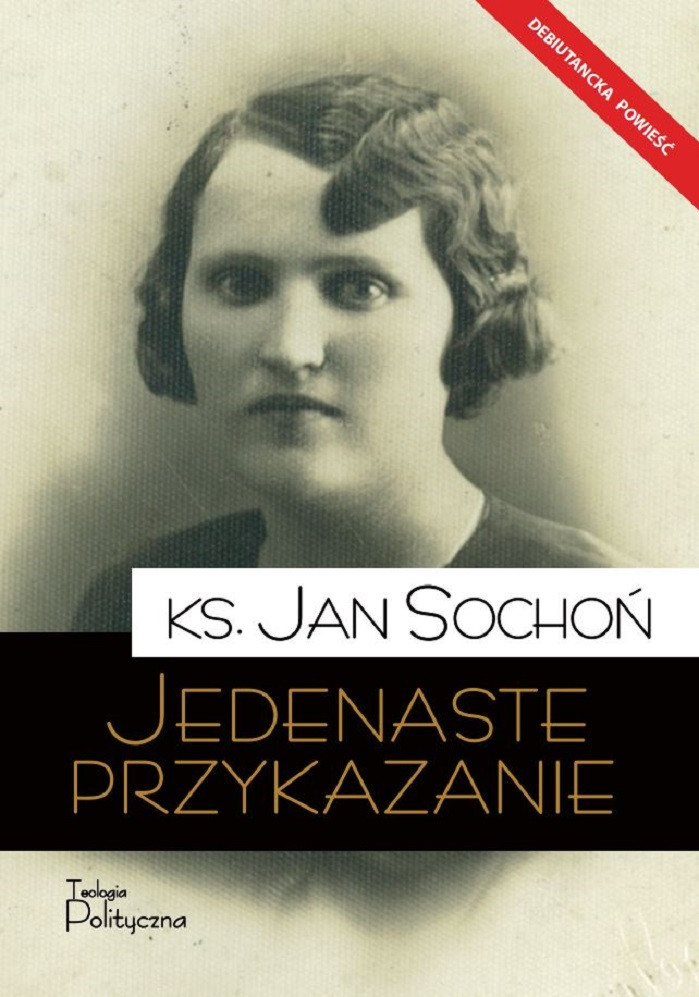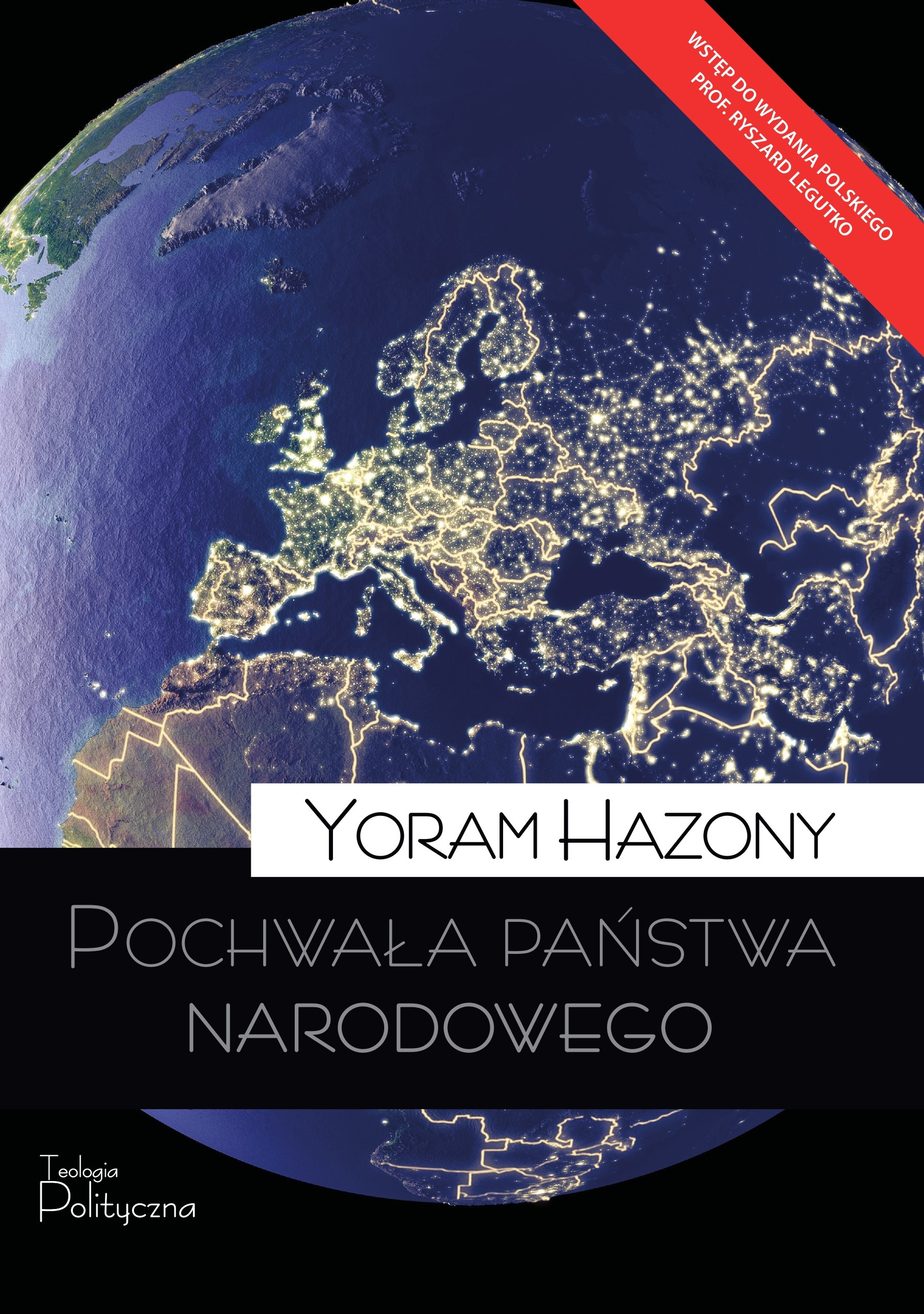Książka „Sokrates i inni święci” zrecenzowana w Ameryce

Na stronie internetowej Reading Religion, należącej do prestiżowej American Academy of Religion (AAR), ukazała się recenzja książki Dariusza Karłowicza „Sokrates i inni święci”. Przypomnijmy, że jej anglojęzyczne wydanie – poprzedzone wstępem Remiego Brague’a i w tłumaczeniu Artura Sebastiana Rosmana – ujrzało światło dzienne w ubiegłym roku dzięki staraniom amerykańskiego wydawnictwa Wipf and Stock Publisher. Poniżej publikujemy angielski tekst recenzji zamieszczonej w mijającym tygodniu na portalu AAR.
It should be noted that Dariusz Karłowicz is not only a philosopher and patrologist but also a well-known public figure, publicist, publisher, founder, and editor-in-chief of the philosophical yearbook Political Theology. And he is a philosopher completely in the ancient spirit: he is not a contemplator of certain abstractions, but a man who, in practice, masters the highest philosophical art – the art of living. He is also the founder and chairman of the charitable Foundation of St. Nicholas. In 2007, he received the award of the Polish Union of Maltese Knights Phoenix for his philosophical, political, and charitable activities and, in 2011, the award of the Knight's Cross of Order of Polonia Restituta for public activities.
Karłowicz’s work, though short (one hundred eighty pages in the Polish edition, which fit into ninety-three pages of English translation), published in the author's homeland in 2005, served as a serious impetus for both patrologists and philosophers. The work is devoted to the relationship between the Christian faith based on Revelation and ancient philosophy in the writings of the Church Fathers, mainly of the 2nd and 3rd centuries. The author pays special attention to Tertullian, Justin Philosopher, and Clement of Alexandria. He does not try to charm the reader with special erudition or a lot of details, but rather offers the fruits of mature reflection. His contemplations can become not only a powerful stimulus for a new comprehension of the topic under discussion, but also help readers to understand the alleged contradictions in the teachings of these early church fathers.
Karłowicz does not try to charm the reader with special erudition or a lot of details, but rather offers the fruits of mature reflection
One of the main theses of Karłowicz's brilliant book is that in the heat of discussion about the Hellenization of Christian revelation, one often overlooks the most important thing – which philosophy Hellenized ancient Christianity and what the volume of Hellenization was. Without an answer to this question, it is impossible to understand why the same Christian authors both condemned philosophy and used it, even calling Christianity itself a philosophy. After all, philosophy in antiquity was not perceived as a purely theoretical, intellectual, or speculative discipline. Like Christianity, it was perceived as an ars vitae – the art of living. In the 8th century, St. John Damascene even called theology a part of philosophy. Only medieval theology lowered philosophy to the status of a maid (philosophia ancilla theologiae), reducing it to purely theoretical reflections. In modern times, the relationship between ancient Christianity and philosophy has been mistakenly interpreted as an age-old conflict between reason, rationalism, independence of religion, and faith based on revelation.
However, faith as a justification for knowledge was debated within the framework of the ancient philosophy between skeptics and dogmatists. Therefore, if we accept the view that the discussion between philosophy and faith in antiquity was conducted only between skeptics and Christians, it is necessary to assume that skeptics were representatives of the true spirit of ancient philosophy and a correct understanding of reason. Such a reduction of the whole of ancient philosophy to skepticism alone is unacceptable. Karłowicz’s merit is that he returns the element of faith to its proper place in different philosophical systems.
One of the main theses of Karłowicz's brilliant book is that in the heat of discussion about the Hellenization of Christian revelation, one often overlooks the most important thing – which philosophy Hellenized ancient Christianity and what the volume of Hellenization was
Since the times of Paul, Christians saw many common elements between their faith and some philosophical schools. To Paul belong the following words: "For since the creation of the world His invisible attributes are clearly seen, being understood by the things that are made, even His eternal power and Godhead" (Romans 1:20). Moreover, Paul continues: "for when Gentiles, who do not have the law, by nature do the things in the law, these, although not having the law, are a law to themselves, who show the work of the law written in their hearts, their conscience also bearing witness, and between themselves their thoughts accusing or else excusing them" (Romans 2: 14-15). Karłowicz wonders if we were inclined to overestimate the rationalist message in the words of the apostle and answers it from the point of view of Justin, Clement, and Tertullian, relying on numerous quotes from their writings.
The very use of the philosophical concept of logos by the apostles John and Paul shows that philosophical language was not alien to them either. The similarity of certain points of the Bible and ancient philosophy prompted Aristobulus and Philo, representatives of the Jewish diaspora in Alexandria, to imagine that the Greeks had learned their wisdom from the Hebrew Bible. This was the beginning of the Hellenization of the interpretation of the Septuagint. From Jewish writers, the concept of "stolen wisdom" passed to both Christian and some pagan writers (e.g., Numenius of Apamea). On the one hand, this concept allows us to explain the similarities between Christianity and ancient philosophy; on the other hand, its denial leads to the need to recognize natural cognition as more important; as, for example, Augustine does.
In the first two chapters – the most creative from my point of view – Karłowicz reveals his original concept. The last two chapters serve as illustrative material selected to justify the author's theses. It is here that the author deals with materials well known in patristics.
Prof. Illya Bey
(professor of Patristic Studies at the Center for Religious Studies at the National Pedagogical Dragonmanov University, Ukraine)
Recenzja na stronie Reading Religion
Książka „Socrates and Other Saints” na stronie wydawnictwa Wipf and Stocks Publisher
Czy podobał się Państwu ten tekst? Jeśli tak, mogą Państwo przyczynić się do publikacji kolejnych, dołączając do grona MECENASÓW Teologii Politycznej Co Tydzień, redakcji jedynego tygodnika filozoficznego w Polsce. Trwa >>>ZBIÓRKA<<< na wydanie kolejnych 52 numerów TPCT w 2024 roku. Każda darowizna ma dla nas olbrzymie znaczenie!










